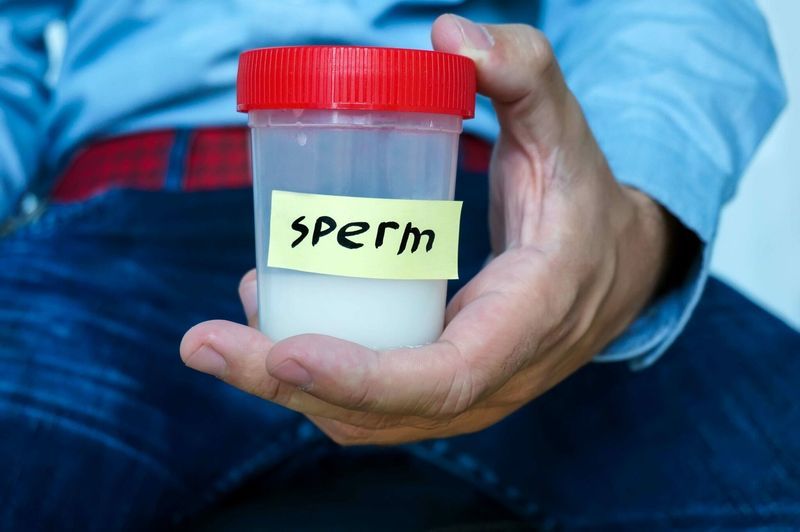When couples face challenges conceiving, the focus often centers on female reproductive health. Yet male factors contribute to approximately 40-50% of all infertility cases. Understanding these factors can help you make informed decisions about your reproductive health and seek appropriate care when needed.
How Does Age Affect Male Fertility?
Male fertility doesn’t decline as sharply as female fertility, but age still plays a role in reproductive success. Men produce sperm throughout their lives, yet sperm quality begins to change after age 35. Older men may experience decreased sperm concentration, reduced motility, and increased DNA fragmentation in sperm cells.
Research shows that men over 40 face increased risks for pregnancy complications and genetic abnormalities in offspring. The time it takes to conceive also tends to increase with paternal age. While men can father children well into their later years, fertility specialists recommend discussing these age-related changes with a healthcare provider.
Do Lifestyle Habits Influence Sperm Health?
Your daily choices directly impact sperm production and quality. Smoking cigarettes reduces sperm count and affects sperm movement, while excessive alcohol consumption may lower testosterone levels and harm sperm development. Heat exposure from hot tubs, saunas, or tight clothing may temporarily reduce sperm production since sperm develop best at temperatures slightly below normal body temperature.
Diet and exercise also affect male fertility. A balanced diet rich in antioxidants supports healthy sperm development, while obesity can disrupt hormone levels and reduce sperm quality. Regular moderate exercise benefits overall health and fertility, but excessive high-intensity training may temporarily lower sperm production. Stress management techniques like meditation or counseling may help, as chronic stress affects hormone production and sperm quality.
Environmental toxins present another concern for male fertility. Pesticides, heavy metals, and industrial chemicals can accumulate in the body and affect sperm production. Men who work in certain industries or live in areas with high pollution levels may face increased risks.
How Do Medical Conditions Impact Fertility?
Male fertility can be impacted by a variety of medical conditions, lifestyle factors, and treatments. These issues may affect hormone production, sperm development, or the delivery of sperm. Understanding the causes of male infertility is one step toward addressing and managing the problem.
- Varicoceles: Enlarged veins in the scrotum, present in about 15% of men, can increase testicular temperature and negatively affect sperm production.
- Infections: Reproductive tract infections can block sperm pathways or directly damage sperm.
- Hormonal imbalances: Disruptions in testosterone, follicle-stimulating hormone, or luteinizing hormone can interfere with normal sperm production.
- Diabetes: May lead to nerve damage and blood flow issues, causing ejaculation problems or reduced sperm quality.
- Autoimmune disorders: The immune system may produce antibodies that attack sperm cells, reducing fertility.
- Medications: Certain blood pressure medications, antidepressants, and prostate treatments can impair sperm production or ejaculation.
- Cancer treatments: Chemotherapy and radiation therapy often affect fertility, sometimes temporarily, but in some cases, the effects may be permanent.
- Genetic factors: Chromosomal abnormalities or inherited conditions can undermine sperm production or function.
- Blockages: Obstructions in the tubes carrying sperm, either congenital or caused by infections or injuries, prevent sperm delivery.
Male infertility is a complex issue, but many of these conditions are identifiable and treatable with proper medical evaluation. Seeking early intervention can improve the chances of addressing fertility challenges effectively.
Consult an Infertility Specialist
If you’ve been trying to conceive for six months to a year without success, consulting a fertility specialist offers valuable insights into your reproductive health. A typical evaluation includes a physical exam, semen analysis, and hormone testing to identify potential issues. Many male fertility challenges can be addressed with treatment or lifestyle changes, so seeking help early may improve outcomes. Schedule a visit with a reproductive endocrinologist or urologist specializing in male fertility to explore your options and create a personalized plan for your family-building journey.
Social Sharing
Your Content Goes Here
Latest Posts

